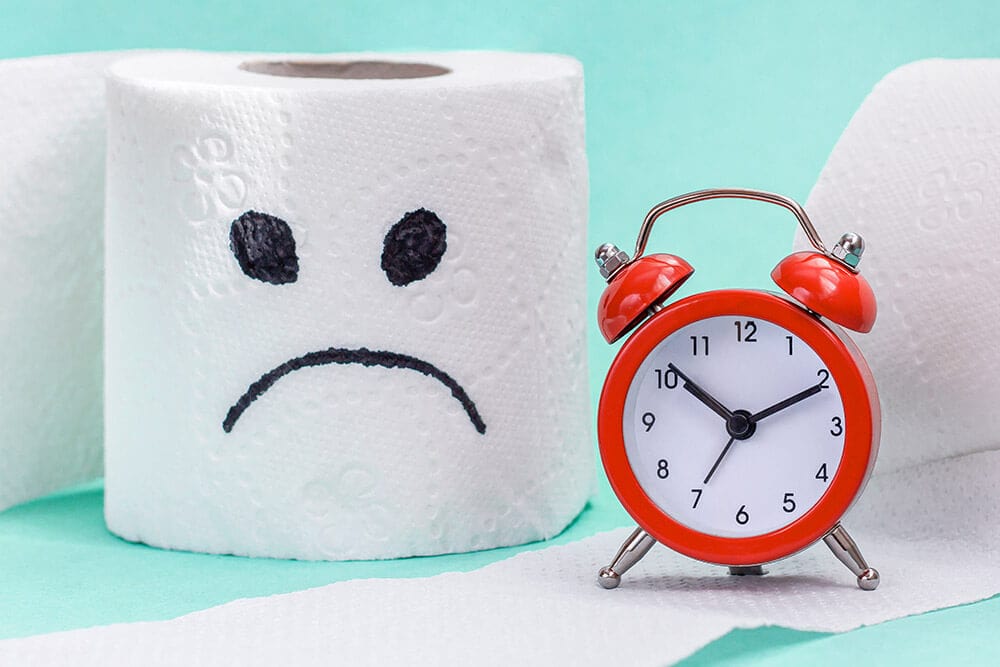What Is Alpha 1 Anti Trypsin Deficiency?
Alpha 1 antitrypsin (A1AT) is a protective protein made in the liver that helps keep your lungs healthy. In A1AT deficiency, the body doesn't produce enough of this protein or makes a defective form, putting you at risk for lung damage and liver disease over time.
Common Causes and Risk Factors
- Genetic Condition: You inherit two abnormal A1AT genes (one from each parent).
- Family History: Having relatives with A1AT deficiency raises your likelihood of developing it.
- Smoking: Tobacco smoke accelerates lung injury in people with low A1AT levels.
- Air Quality: Pollution or chronic secondhand smoke exposure can worsen lung damage.
Signs and Symptoms
- Shortness of Breath: Difficulty breathing, even with mild exertion.
- Cough and Wheezing: Persistent cough, sometimes productive, plus wheezing sounds.
- Fatigue: Feeling unusually tired or weak throughout the day.
- Liver Issues: Jaundice (yellowing of skin or eyes), abdominal pain, or swelling.
How Dr. Rishi Diagnoses Alpha 1 Anti Trypsin Deficiency?
Dr. Rishi uses a step-by-step approach:
Medical History and Physical Exam
He reviews your symptoms, family history of A1AT deficiency, and risk factors such as smoking and environmental exposures.
Blood Tests
We measure your blood alpha-1 antitrypsin levels and perform genetic testing to identify A1AT gene variants.
Lung Function Tests
Spirometry and other pulmonary function tests assess airflow limitation and overall lung capacity.
Chest CT Scan
High-resolution imaging detects emphysema patterns, lung tissue damage, and helps guide personalized treatment planning.
Frequently Asked Questions
What causes alpha 1 antitrypsin deficiency?
It's a genetic disorder. You inherit two faulty A1AT genes - one from each parent'resulting in low or dysfunctional A1AT protein.
Is this the same as hemophilia?
No. A1AT deficiency affects the lungs and liver, whereas hemophilia is a clotting factor disorder impacting blood coagulation.
How do you get this condition?
The condition is inherited; both parents must carry and pass on the defective A1AT gene.
Can air pollution make it worse?
Yes. Exposure to smoke, fumes, or chemical pollutants can accelerate lung damage in people with A1AT deficiency.
How is it diagnosed?
Diagnosis involves a blood test to measure A1AT levels and genetic testing to confirm specific gene variants.
Is there a cure?
There's no cure yet, but treatments like A1AT replacement therapy and lifestyle changes can manage symptoms and slow progression.
What are macrolide antibiotics used for?
They're prescribed in low doses to reduce lung inflammation and help prevent exacerbations.
Can children have A1AT deficiency?
Yes. Infants may present early with liver issues such as jaundice, and older children may show respiratory symptoms.
What lifestyle changes help?
Quit smoking, avoid secondhand smoke and pollutants, eat a balanced diet, and engage in light exercise to support lung and liver health.
Where can I learn more?
Visit the American Lung Association's A1AT deficiency page or talk to Dr. Chadha for personalized resources.











